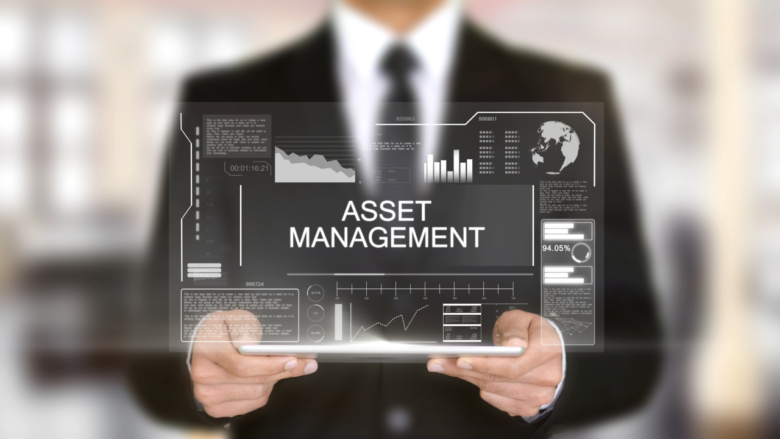For both a billion-dollar company and an ordinary person saving a small amount every day, understanding and mitigating financial risk is crucial for survival. For all businesses globally, the objective is the same: to minimize risks to their financial assets, but the methods to achieve that goal differ based on the context and assets being …
Artificial intelligence (AI) is one of the most revolutionary developments within the last decades. It has altered how things are done in the industry, particularly how investment or asset managers make decisions, evaluate or measure risk and performance, and construct an investment portfolio. Traditionally, asset management techniques depended on the opposite for an analyst for …
Asset management is one of the best strategies for those people who want to preserve their wealth in the modern world. Wealth management means not just acquiring assets but rather preserving and developing them further over time. A businessman managing billions of dollars or an individual managing his finances can be assured about his investments, …
For a person who intends to make their resources, be they financial, material, or intellectual, asset management is an absolute must. Timely and correct management of assets involves their maximization, risk minimization, and pursuit of goals. Though there are several ways to manage assets, one might get confused in deciding which one is the most …
With the constant evolution of technology, the term digital assets has matured into a necessary component of our financial equations. In the modern world and economy, the term digital assets encompasses documents, images, and video files, as well as social media accounts, cryptocurrencies, domain names, and virtual currencies. The growing interdependence of all areas of …
Asset management stands as a critical aspect for people and institutions to be able to make the best use of their resources. It encompasses the ability to plan, control, utilize, and monitor an asset to attain some goals in terms of revenue generation, service delivery, or future growth. Each asset class and context have specific …
Today, technology has penetrated every sector, including asset management. Just in the past few years, technological advancements have radically changed the way assets are managed, allocated, and geared towards appreciation. The asset management style of the bygone era was labor intensive and depended a lot on the local knowledge of the investors, but currently, the …
Real estate asset management can be defined as the process of planning how to manage a property so that there is an increase in its worth over some time or its income stream is enhanced. It makes little sense to have real estate investments where you do not know how to take care of the …
Asset management is the orderly application of strategies and tactics for maximizing either the value or the quantity of the resources of an organization, which can be a person, a business, or a government. Understanding how asset management works is critical for both individuals and businesses as it forms the basis for meeting financial objectives, …
Transactional in focus, asset management is concerned with optimizing the available resources of a person or an organization. The resources can include fixed assets like buildings and just about all kinds of equipment, but also intangible ones like patents or financial investments. The fundamental goal of asset management is thus the efficient and productive application …










